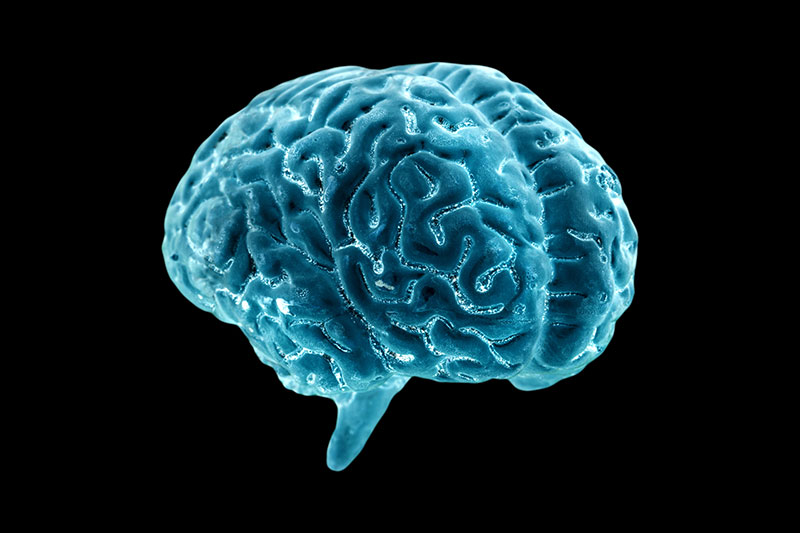February 20, 2019 (YouTube)
In this YouTube video, Aaron Boster, MD, board-certified clinical neuroimmunologist who specializes in multiple sclerosis (MS), discusses a recent article published in the February 2019 issue of JAMA Neurology, by Harding and colleagues. The title of the article is “Clinical Outcomes of Escalation vs Early Intensive Disease-Modifying Therapy in Patients With Multiple Sclerosis.”
The objective of this study was “to analyze long-term outcomes in a population-based cohort according to initial treatment strategy.” From January 1998 to December 2016, data was collected, and an analysis was performed in January of 2017. This analysis included 592 (82 percent) of 720 patients who were prescribed a disease-modifying therapy (DMT). There were three reasons for exclusive in the trial, which included:
- Initially treated elsewhere or privately (39)
- They were a clinical trial participant (25)
- Or insufficient clinical data (45)
Classification of patients was based on first-line treatment strategy: high-efficacy (early intensive treatment [EIT] or moderate-efficacy DMT (escalation [ESC]).
The outcomes this study chose to examine the change in Expanded Disability Status Scale score over a period of 5 years. A secondary outcome was measured, which looked at how long it took to accumulate sustained disability.
In comparing the two models, researchers adjusted for several factors including, sex, age at treatment, year of starting DMT, and escalation to high-efficacy treatment in the ESC group.
Results:
The group in the escalation model over a period of 5 years, on average, has worsened on their exam by 1.2 points. Those in the early-intensive group, however, only worsened by 0.3.
Importantly, it was observed that 60 percent of patients who escalated to high-efficacy DMTs developed SAD while they were still receiving initial moderate-efficacy treatment, even before escalation.
Dr. Boster supports that this particular trial is a “really big deal,” because it produces real-world, not clinical or carefully “hand-picked” results. Furthermore, the results of this trial align with Dr. Boster’s idea that the early-intensive therapy is, over 5 years, better for patients with MS, than use of the escalation model.
In Dr. Boster’s opinion, ‘the earliest application of the most effective drug MS patients are comfortable with, is probably the right answer,’ and this real-world trial supports that opinion.
Watch Dr. Boster’s video on this topic below:
















Leave a Reply